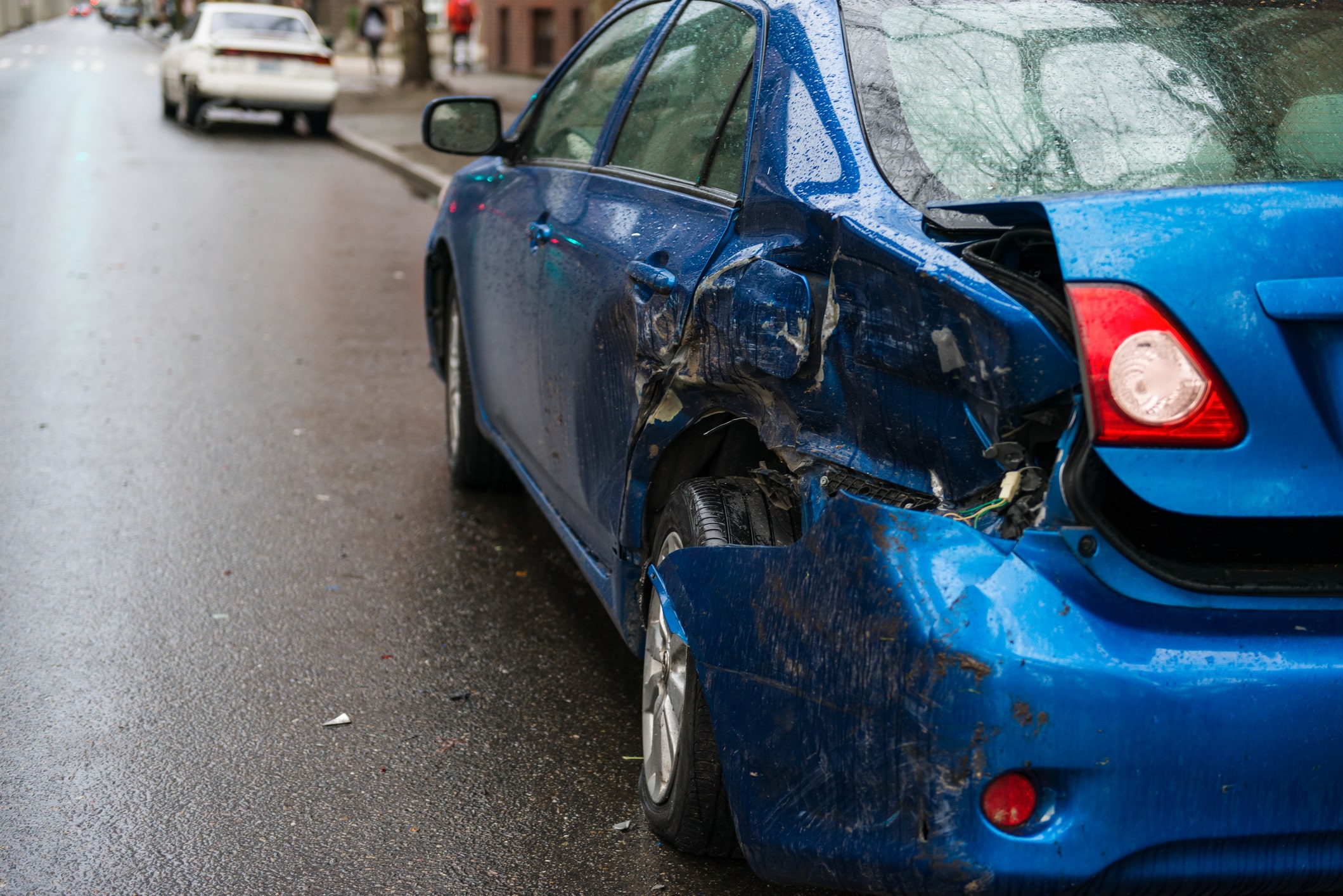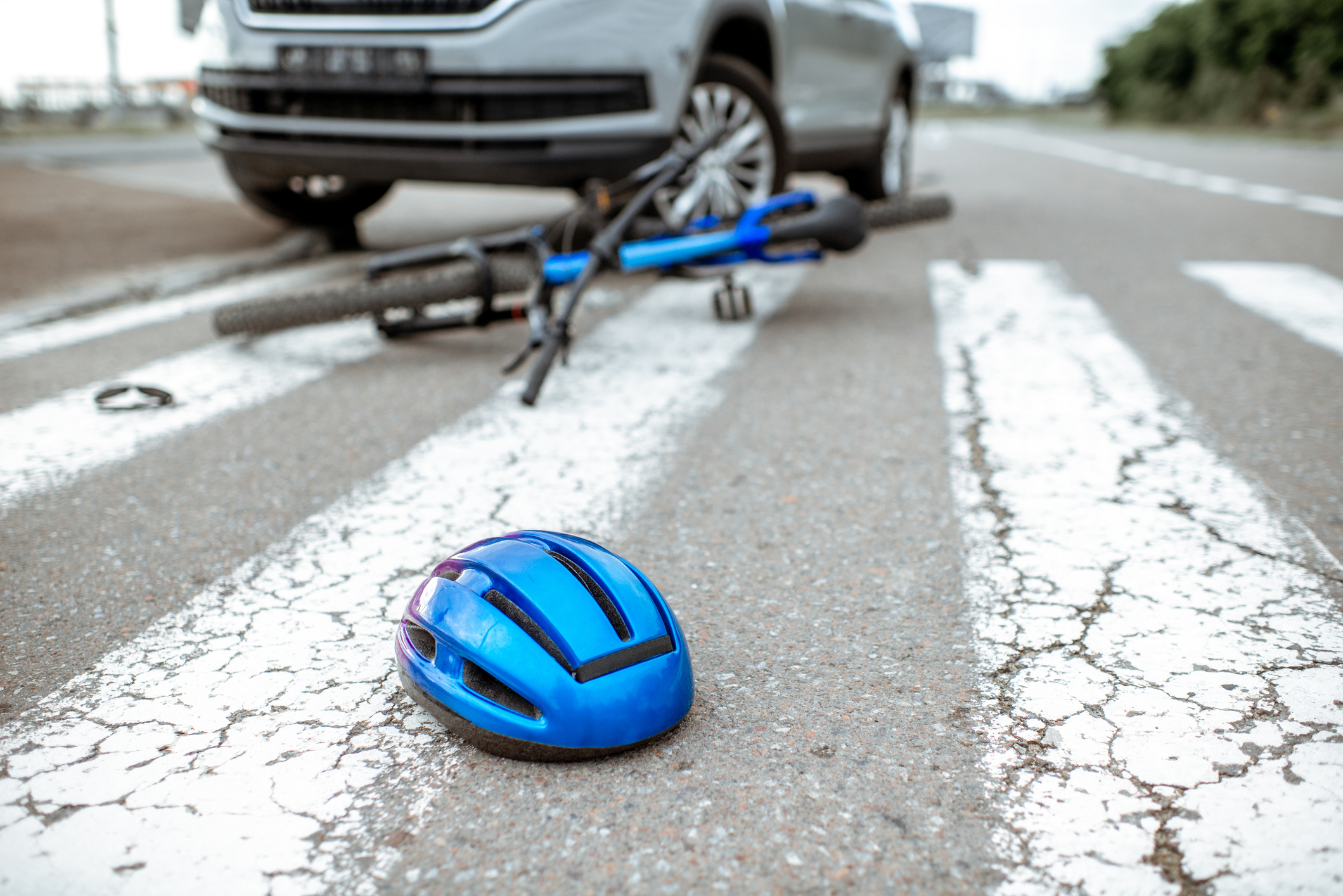At Sergio Cruz Criminal Defense, we’ve helped countless clients navigate their criminal charges and secure favorable legal outcomes. If you have been charged with a serious criminal offense in Florida, contact our law firm to speak with an experienced criminal defense attorney today.
When most people hear ‘hit and run,’ they assume the worst: A negligent drunk driver striking a pedestrian and callously driving away. In reality, however, hit and run charges can refer to various types of offenses, not all of which involve bodily harm. Some hit-and-run cases can even be boiled down to misunderstandings and genuine ignorance.
Here’s the point: Hit and runs aren’t always what they seem. Regardless of that fact, they are typically punished harshly in Florida and can result in various life-upending consequences for the accused, including imprisonment, large fines, a permanent criminal record, and more.
If you’ve been charged with a hit and run in Orlando, you need to do everything you can to avoid conviction, and that starts with contacting a top-tier criminal defense law firm. Luckily, you don’t have to look too far: Sergio Cruz Criminal Defense is here to help. This article will explain everything you need to know about hit and runs in Florida, including various types of charges, possible penalties, legal defenses, the appeal process, and more.
How Does Florida Define Hit & Run Charges?
In the State of Florida, hit and run charges are defined under Florida Statutes, Section 316.061 and Section 316.027. A hit and run, which is also called ‘leaving the scene of an accident,’ happens when a driver is involved in a vehicle accident and willfully leaves the scene without providing the necessary information or rendering aid to any injured parties.
A driver’s legal requirements depend on the specific circumstances of the incident. Here’s a breakdown of each:
- Property damage. If the accident only causes damage to another vehicle or property, the driver must stop and remain at the scene to provide their name, address, vehicle registration number, and driver’s license upon request.
- Injury. If the accident injures another person, the driver must stop, stay at the scene, and provide the same information as required in property damage cases. If appropriate, they must also render reasonable assistance to the injured person.
- Death. In the most tragic of cases when an accident results in the death of another person, the driver must stop, remain at the scene, and fulfill the same requirements as in injury and serious bodily injury cases.
Essentially, Florida law requires drivers who are involved in an accident to stop, remain at the scene to exchange important information, and, if needed, provide critical assistance.

Examples of Hit and Run
Hit and run crimes can take various forms, but they all involve a driver allegedly leaving the scene of an accident without fulfilling their legal duties. Here are a few examples of hit and run offenses in Florida:
Fender bender, when a driver rear-ends another vehicle, often at a stoplight, causing minor damage and driving away
Parking lot incident, when a driver hits or scrapes an unoccupied parked vehicle and drives away without leaving a note or attempting to contact the vehicle owner
Bicycle collision, when a driver sideswipes or otherwise makes contact with a cyclist and drives away without rendering aid or providing information
Pedestrian accident, when a driver strikes a pedestrian at a crosswalk and speeds away without providing assistance or identification
Serious car crash, when a driver is involved in a high-speed collision that causes injuries and flees the scene without administering assistance, providing information, or reporting the accident to authorities
These examples illustrate various levels of severity in hit and run incidents, as well as the importance of remaining at the scene — regardless of the specific circumstances. Failing to fulfill your legal duties can result in a range of serious penalties.
What Are the Penalties for a Hit and Run in Orlando?
As with many criminal offenses, the penalties for a hit and run in Orlando depend on the circumstances of the incident. This includes whether the accident resulted in property damage, injury, serious bodily injury, or death, as well as whether it is a misdemeanor or felony offense.
When Is Hit and Run a Misdemeanor in Florida?
According to Florida law, a hit and run is considered a misdemeanor in Florida when it only causes property damage. Leaving the scene of an accident that causes property damage without providing the required information is a second-degree misdemeanor, punishable by up to 60 days in jail, up to six months of probation, and a fine of up to $500.
When Is Hit and Run a Felony in Florida?
Whenever a hit and run causes injury to another person, it automatically becomes a felony, regardless of injury severity. However, the specific punishments associated with a hit and run felony vary in the following ways:
- Injury. A hit and run that causes an injury is a third-degree felony and punishable by up to five years in prison and on probation, as well as a fine of up to $5,000.
- Serious bodily injury. A hit and run that causes a serious bodily injury (an injury that creates a substantial risk of death, loss, impairment, or disfigurement) is considered a second-degree felony. It is punishable by up to 15 years in prison and on probation, as well as a fine up to $10,000.
- Death. A hit and run that causes the death of another person is a first-degree felony in Florida, punishable by up to 30 years in prison and on probation and a fine of up to $10,000.
Essentially, the outcome of a hit and run incident plays a crucial part in how the crime is classified and punished. Whenever an accident involves harm to another person, it is automatically considered a felony.
Are There Legal Defenses for a Hit and Run?
The best legal defense for you depends on the specific details and circumstances of your case. There are several common defense strategies that we can help you explore, a few of which we discuss below.
There Was No Property Damage
For the prosecutor to secure a conviction for a misdemeanor hit and run, they will need to prove the incident caused damage to another vehicle or property. One possible defense is to argue that no property damage occurred as a result of the incident, and if we can demonstrate that no damage occurred, the charge may be dismissed. For example, if a vehicle lightly tapped another car but didn’t leave any marks or dents, we could argue there was no property damage.
You Did Not Realize There Was a Collision
Another possible defense argument is that you did not realize there was a collision. It might sound far-fetched, but some drivers are truly unaware that they were involved in an accident — particularly when the impact is very minor. We may be able to argue that a reasonable person in the same situation would not have noticed the collision.
You Were Misidentified
If you were not driving the vehicle at the time of the accident or your vehicle was incorrectly identified as being involved in the incident, we may be able to get your case dismissed based on misidentification. To do so, we will need to provide evidence that shows that you or your vehicle were somewhere else when the accident occurred. This could include witness testimony, video footage, and more.
How Do I Appeal a Hit and Run Conviction?
As with most criminal offenses, completing a successful appeal is typically more difficult than avoiding conviction in the first place. However, appealing a hit and run conviction is possible — particularly when you have expert legal guidance. Our hit and run attorneys can take the following steps in pursuit of your appeal:
- Filing a notice of appeal within 30 days of the final judgment or sentencing
- Preparing the record on appeal, including all documents, evidence, and transcripts from the trial court proceedings
- Submitting an initial brief that outlines the legal arguments for why the original conviction should be overturned
- Responding to the state’s answer brief and addressing points made by the prosecution
- Presenting oral arguments to the appellate court to emphasize key points and answer any questions the judges might have
- Awaiting the appellate court’s decision to affirm, reverse, or remand the case
Keep in mind that you need to have grounds to file an appeal. Possible grounds include legal errors, insufficient evidence, prosecutorial misconduct, or ineffective legal counsel.

How Our Hit and Run Defense Lawyer Can Help If You’ve Been Charged in a Hit and Run
If you’ve been charged with a hit and run crime in Florida, you’re in serious legal trouble — especially if someone was injured or killed in the accident. Failing to mount an aggressive defense could jeopardize your future in practically every way imaginable and result in a permanent criminal record, prison time, exorbitant fines, damage to your reputation, and, if your hit and run is considered a felony, a loss of your liberties.
Fortunately, that doesn’t have to be your future. The hit and run defense attorneys at Sergio Cruz Criminal Defense will design a robust legal strategy to ensure the best possible outcome for your case. Ready to stop dreading your charges and start protecting your future? Reach out to our law office to move forward with confidence.
Contact UsContact us now
In need of a strong defense? Don’t face your charges alone. Get the legal support you need call today or email us. Your defense starts here.
